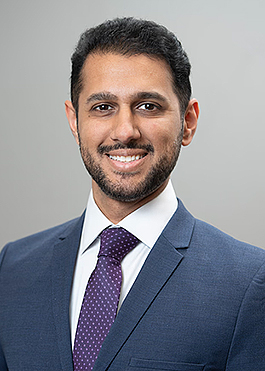
This is a great time of the year to reflect on your health status and where you are in terms of your health goals.
As a cardiologist, I am beginning to see more and more younger men and women struggling to keep up with their health goals and suffering from hypertension, diabetes or obesity. But, everyone should hone in on their goals and aim to have optimal health.
Unfortunately, the COVID pandemic did more harm to our health than we realize. Various professions switched to working from home and, consequently, people were confined to their homes for days, sitting in front of a desk for prolonged hours.
If you are working from home still, here are some tips for you to improve your cardiac health.
- Step away from your desk and take short walks. This will improve your blood circulation and reduce the sedentary work style.
- Try to cook your own food. Although this might be time-consuming, you must maintain healthy eating habits. Eating high-calorie foods with little to no exercise is a recipe for disaster.
- Exercise. There is no alternative to exercise to improve your cardiovascular health. I suggest starting your day off with a run or a walk before you sit down at your desk. Engage in sports. It should give you something to look forward to after work. Regular exercising has a multitude of documented health benefits and should be part of everyone’s daily lives. Take the stairs; skip the elevators.
- Do not take up unhealthy habits such as smoking to reduce stress. Remember, this is one of the few activities where you spend money to make sure you have cardiovascular problems down the road.
- Focus on your mental health. Where you spend hours sitting in front of a computer on a daily basis, it is important to get out and meet people. Spend time with family. It will go a long way. Mental health is physical health, and vice versa.
- Check your blood pressure regularly. You do not need to wait for yearly annual physician visits to get your blood pressure checked. On your next trip to the grocery store with a pharmacy, spend two minutes to check your blood pressure.
- Stay on top of your medical problems. If you have known cardiovascular problems, don't put them on the back burner. Stay on top of medications and other recommendations and discuss with your physicians regularly.
- Cut out salt from your diet. Studies have shown switching to salt substitutes prevents hypertension from developing.
- Lastly, if you have any concerns about your cardiovascular health, please visit a cardiologist who would be happy to explain more to you.
Take control of your health, not just this month but for the remainder of your life. Hope these tips help.
Learn more about the Northside Hospital Heart Institute.

